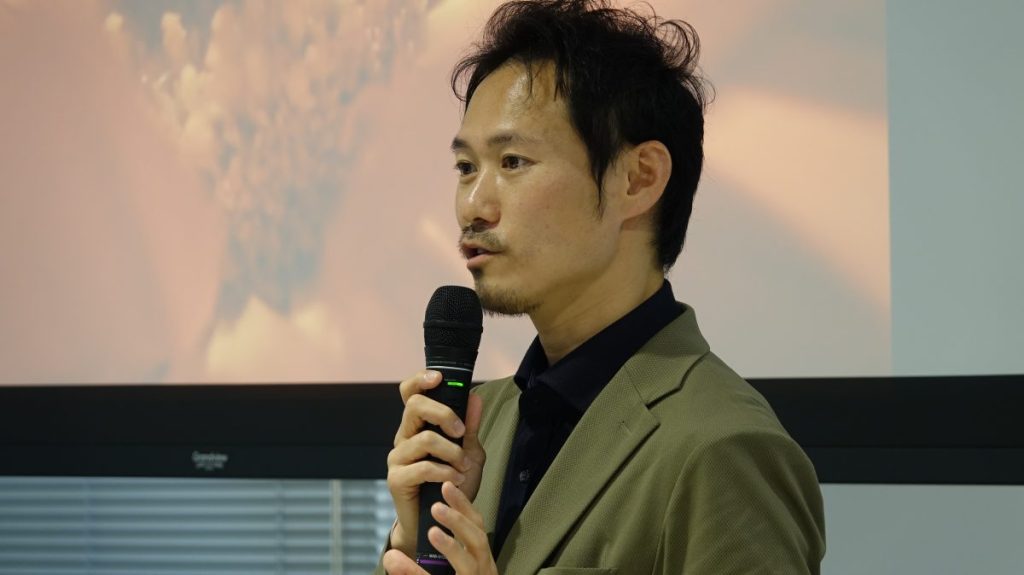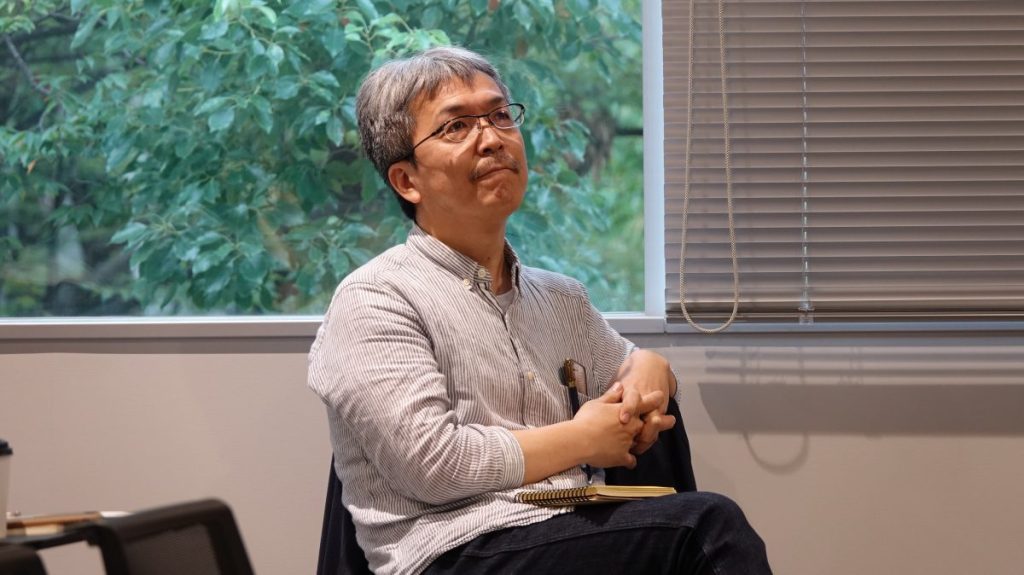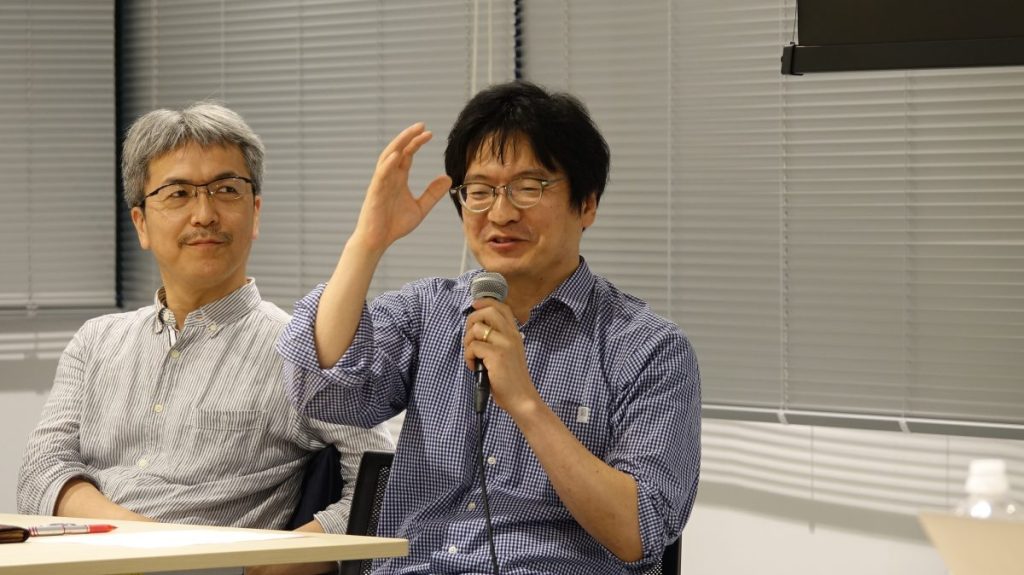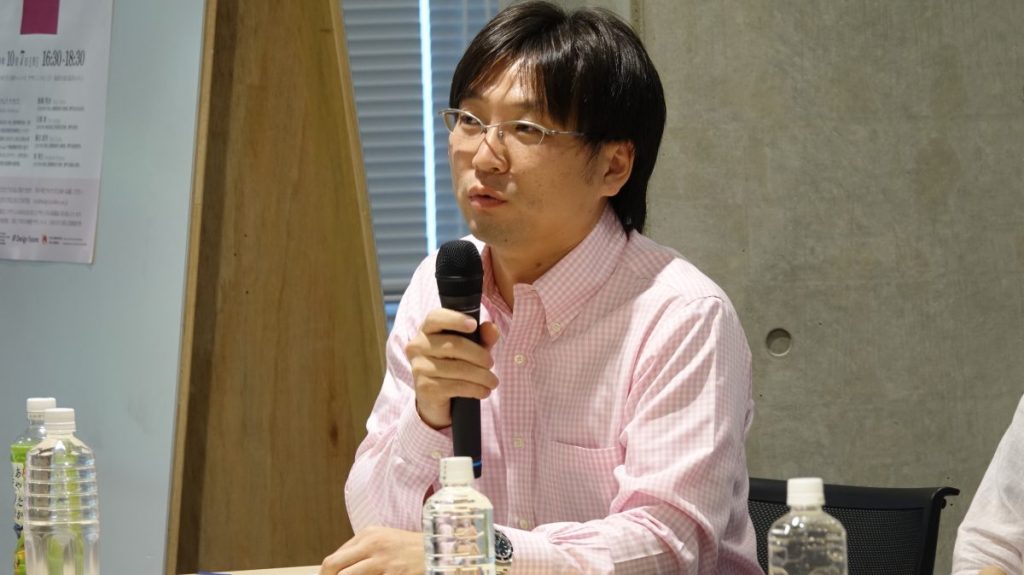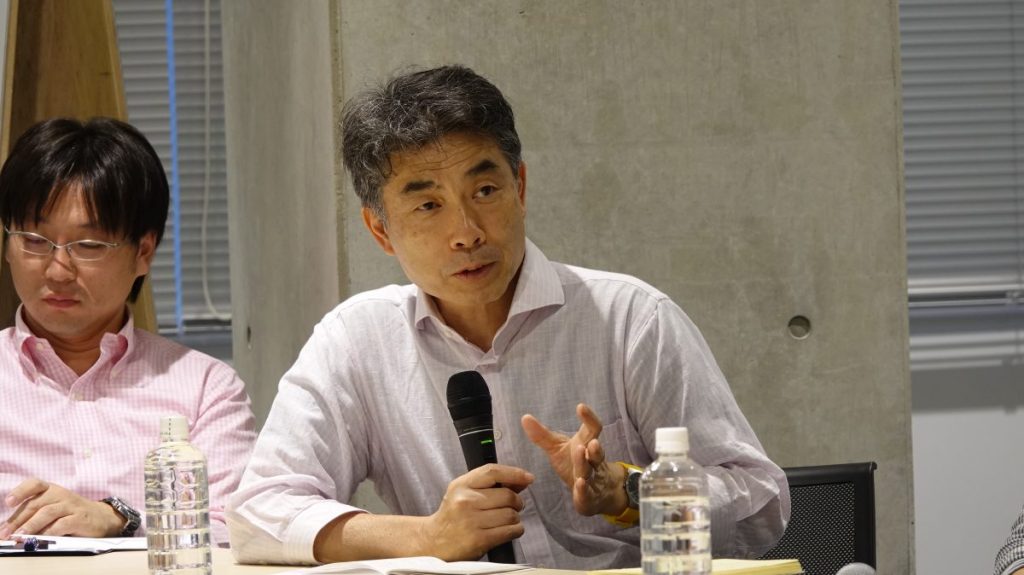The 10th Design Fundamentals Seminar “Design of Perspective: Do you see the world as it really is?”
In our daily lives, we are immediately trapped by specific ways of looking at things. If the way we look at things becomes fixed, we might not be able to see these things correctly. The more difficult the situation is, the more necessary it is to change our perspective from time to time and see the world in different ways. “Design of Perspective” changes the way we look at things. By looking at the world more freely and more creatively, you may see landscapes that you have not yet seen or essential things that you have forgotten.
Lecturer
Chikahiro Hanamura
Born in 1976. Doctor of Philosophy in Urban Landscape Planning and Design. Associate Professor, Graduate School of Economics, Osaka Prefecture University. Through landscape design, Associate Professor Hanamura performs expression activities based on his original theory about changing the way we look at landscapes “TranScape” and cross-disciplinary research. Professor Hanamura received the 2018 Japanese Institute of Landscape Architecture Award for his book “Design of Perspective: How to Change the View of the World”.
Shuji Iijima
Associate Professor, Graduate School of Human-Environment Studies, Kyushu University. Specializes in symbiotic sociology.
Toru Koga
Professor, Faculty of Design, Kyushu University. Specializes in philosophy.
Yuhi Fujita
Associate Professor, Graduate School of Human-Environment Studies, Kyushu University. Specializes in educational philosophy.
Hirofumi Minami
Professor, Graduate School of Human-Environment Studies, Kyushu University. Specializes in environmental psychology.
Co-host: The Graduate School of Human-Environment Studies Multi-disciplinary Program (Play and Refinement)
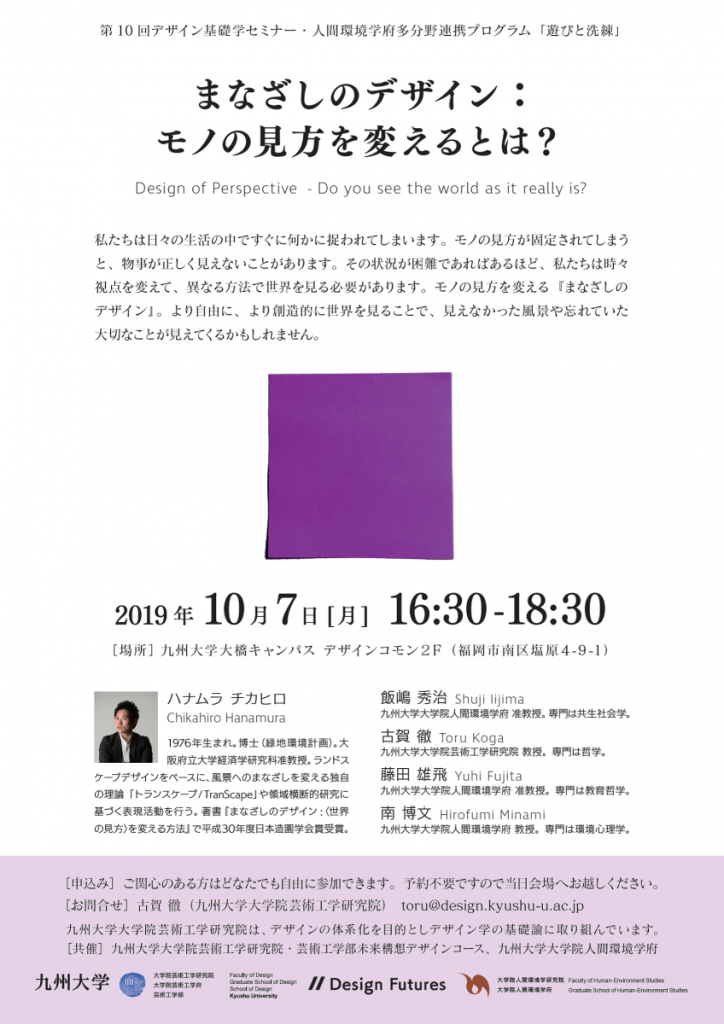
Review
Chikahiro Hanamura’s story brought us into an area of design and religion which was never discussed. However, it is not about a church or temple design. There is a vast amount of unconsciousness behind consciousness.
“Take the example of the landscape”, said Hanamra. To create a landscape, both land (land) and seeing it (scape) is necessary. However, even though the land is visible, conscious, you are not conscious at that time. That unconsciousness supports what is visible.
When you can see the scenery, if you get used to it, it becomes a daily routine, and you are no longer conscious of it. It becomes habitually and automated, sinking behind our consciousness, shaping invisible systems, cultures and bodies, that drives us every day. According to Hanamra, this whole unconscious forms the self.
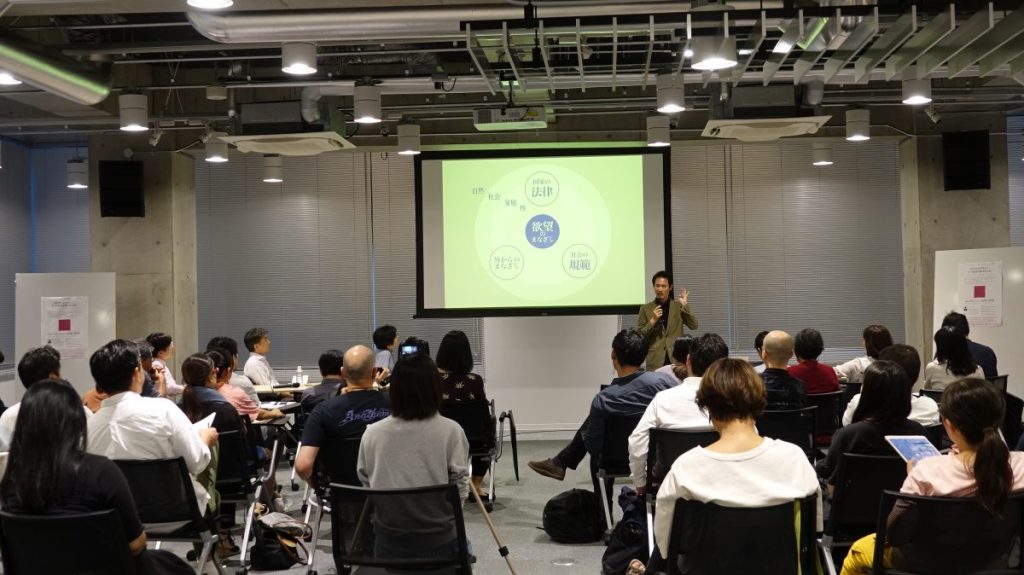
Our automated civilization is destroying nature and human beings, as well as suffocating ourselves and wearing us out every day. Even if you try to change that reality linearly, things get worse. It is because the self that wants to change something is made up by its unconsciousness. It is like a sin in a religious sense.
Many religions teach that a person can only get out of the self through the transcendent and the power of the transcendent. When it happens, though the world is just as it is, he will see it with a completely different perspective, and he will be saved from the cycle of sin.
On the other hand, Hanamura has projects to give fresh perspectives to everyday things, such as filling soap bubbles and fog in the big atrium of the hospital and building a red snake embankment for Bangladesh’s assistance project. The unconsciousness is made conscious by training to see the reality differently, and by doing so, he can escape. The self and civilization led to salvation.
Hanamura-san’s “design of perspective” is to make one more conscious of different perspectives with the familiar landscape, own body, and the way of society. Hence, providing the opportunity to guide them. In a sense, it is like self-training without a transcendent. It seems that Associate Professor Hanamura is taking on the challenge of trying to determine whether he can design the perspective in a world without God. If he can, what is he, and what helps him.
(KOGA Toru)
